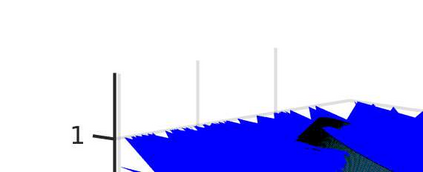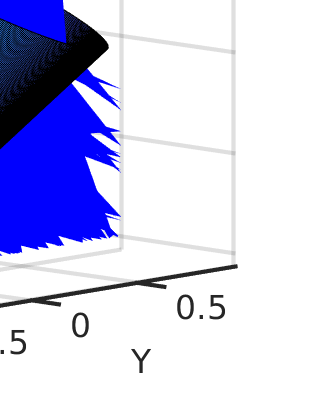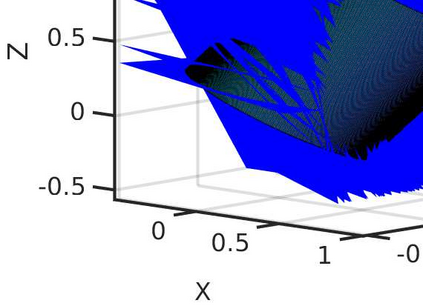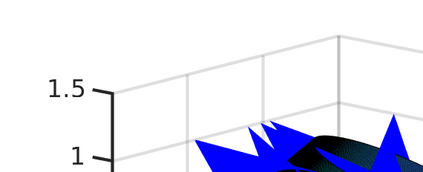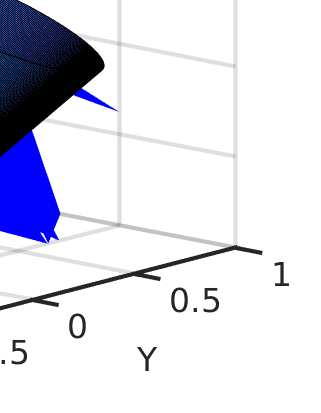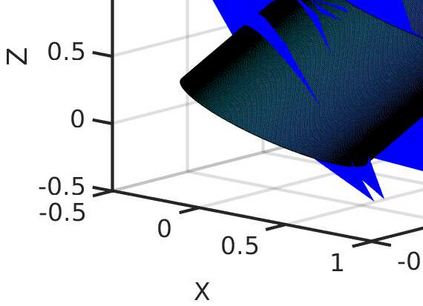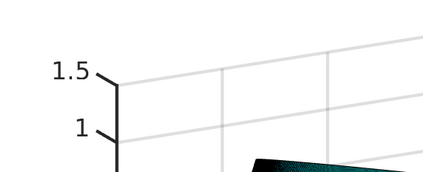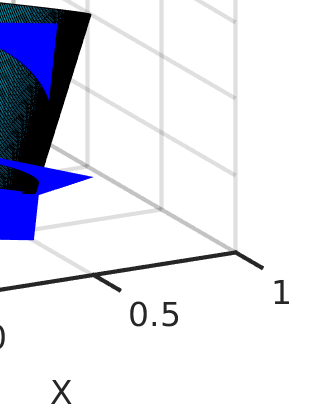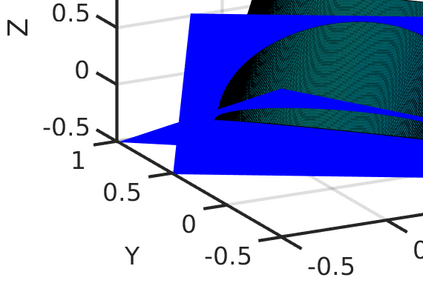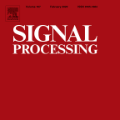One-bit quantization with time-varying sampling thresholds (also known as random dithering) has recently found significant utilization potential in statistical signal processing applications due to its relatively low power consumption and low implementation cost. In addition to such advantages, an attractive feature of one-bit analog-to-digital converters (ADCs) is their superior sampling rates as compared to their conventional multi-bit counterparts. This characteristic endows one-bit signal processing frameworks with what one may refer to as sample abundance. We show that sample abundance plays a pivotal role in many signal recovery and optimization problems that are formulated as (possibly non-convex) quadratic programs with linear feasibility constraints. Of particular interest to our work are low-rank matrix recovery and compressed sensing applications that take advantage of one-bit quantization. We demonstrate that the sample abundance paradigm allows for the transformation of such problems to merely linear feasibility problems by forming large-scale overdetermined linear systems -- thus removing the need for handling costly optimization constraints and objectives. To make the proposed computational cost savings achievable, we offer enhanced randomized Kaczmarz algorithms to solve these highly overdetermined feasibility problems and provide theoretical guarantees in terms of their convergence, sample size requirements, and overall performance. Several numerical results are presented to illustrate the effectiveness of the proposed methodologies.
翻译:暂无翻译


